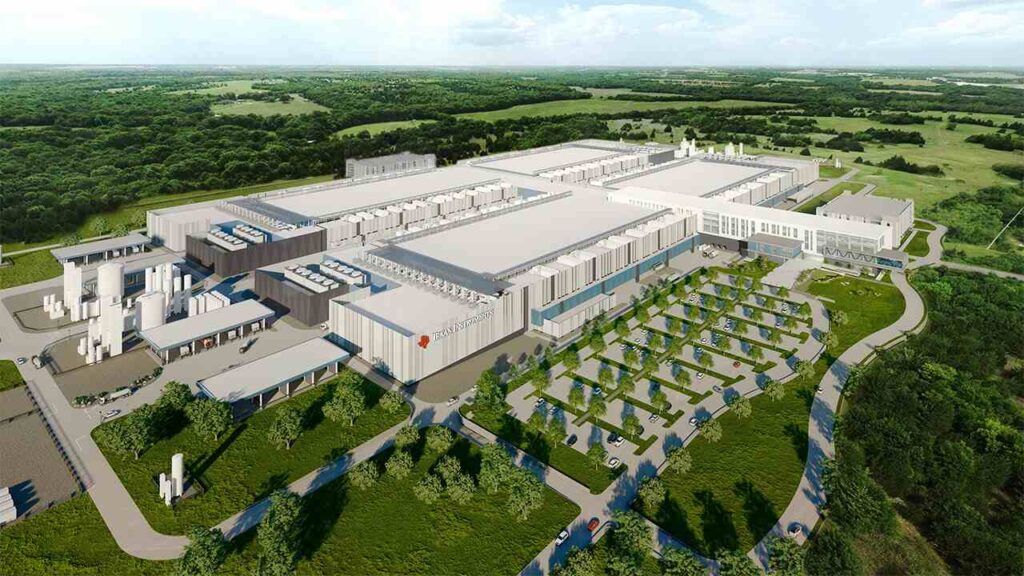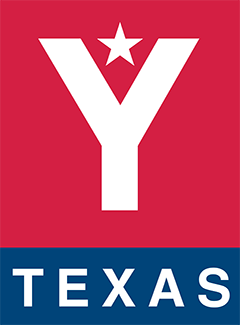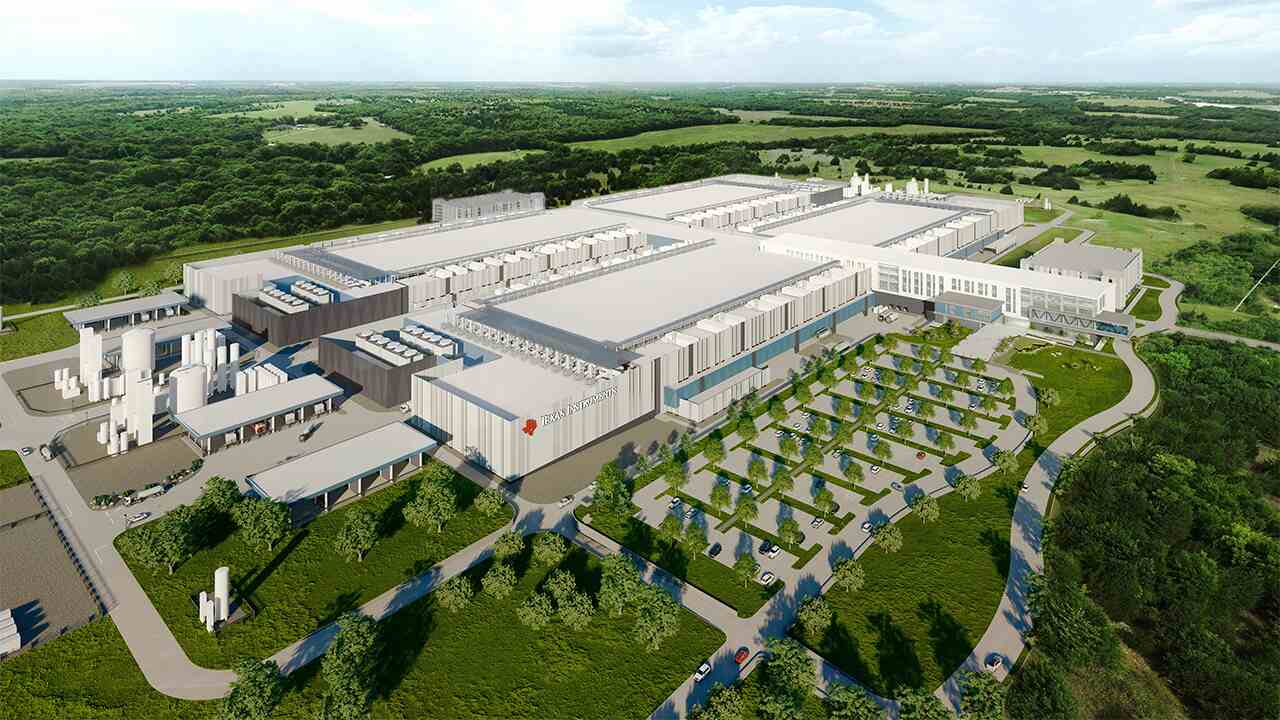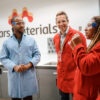Texas continues to establish itself as a global hub for innovation and advanced industry, blending its rich manufacturing history with emerging technologies in semiconductors, space exploration, and logistics. With over 900,000 manufacturing jobs contributing $250 billion annually to the state’s GDP—approximately 13% of Texas’ total economic output—the state’s industrial prowess is unmatched. As industries evolve, colleges and universities are stepping up to forge partnerships with businesses, ensuring the workforce is prepared for a rapidly advancing economy.
Join us on February 19th at Dallas College for panels that will explore these topics and demonstrate the transformative value of the YTexas network, where companies expanding into or already operating in Texas can access unparalleled opportunities for collaboration and innovation.

Semiconductors: Securing the Future
Semiconductors are the backbone of modern technology, from smartphones to advanced defense systems. Texas is playing a critical role in bolstering America’s semiconductor capabilities.
A Hub for Semiconductor Manufacturing
- Samsung’s Taylor Facility:
- With a $17 billion investment, Samsung’s facility in Taylor is one of the largest semiconductor production sites in the U.S.
- Expected to create over 2,000 jobs, this facility is key to reducing America’s reliance on foreign chip production.
- Texas Instruments in Sherman:
- Over $30 billion invested to expand semiconductor production.
- Includes one of the world’s most advanced 300-millimeter semiconductor wafer facilities, supporting the automotive and industrial sectors.
Workforce Development for Semiconductors
- Collaboration with Higher Education:
- Schools like Austin Community College and Dallas College are developing specialized programs in semiconductor engineering.
- Partnerships with companies like Samsung provide students with internships and apprenticeships that align education with industry needs.
“Texas is not just building chips; it’s building the next generation of engineers to power the world’s technology infrastructure,” said Carlton Schwab, President of the Texas Economic Development Council.
Space Technology: Launching into the Future
Texas is home to some of the most significant advancements in space exploration and technology, with companies like SpaceX, Blue Origin, and Firefly Aerospace leading the charge.
SpaceX: Revolutionizing Space Exploration
- Starbase in Boca Chica:
- The world’s most advanced private spaceport, launching the Starship program for lunar and interplanetary exploration.
- Employs over 1,600 Texans, with plans for further expansion.
- Impact on Local Economies:
- SpaceX’s operations contribute millions annually to local and regional economies.
Firefly Aerospace: Pioneering Small-Scale Launches
- Based in Cedar Park, Firefly specializes in small payload delivery to space, addressing the growing demand for satellite launches.
- Partnered with NASA for the Artemis Program, delivering key payloads to the Moon.
- Launched their most recent mission Blue Ghost to the moon.
Educational Partnerships
- Institutions like Texas A&M and Austin Community College collaborate with space companies to:
- Develop propulsion technologies.
- Train the workforce for orbital mechanics and advanced systems.
“Space technology is no longer a niche industry. It’s an economic powerhouse, and Texas is at the heart of it all,” said Ray Allensworth, Program Director at Firefly Aerospace.
Advanced Manufacturing: Strengthening Infrastructure
Manufacturing remains the bedrock of Texas’s economy, driving innovation across aerospace, automotive, and national defense industries.
Key Statistics
- Employs over 900,000 people, making it one of the largest job sectors in the state.
- Supported by extensive infrastructure: Texas boasts an unparalleled supply chain network of airports, seaports, railways, and highways.
- Texas leads the nation in international exports, driven by advanced manufacturing capabilities.
Integration with Workforce Development
- Lone Star College and Sam Houston State University:
- Offering manufacturing-focused training programs tailored to industries like aerospace and automotive.
- Initiatives include certifications in advanced robotics, automation, and sustainable manufacturing.
- SkillsUSA Partnerships:
- Aligning technical education with real-world manufacturing demands.
“Manufacturing in Texas isn’t just about building products—it’s about building careers and opportunities,”said Jennifer Branch, City of Waco.
Logistics and Intelligent Infrastructure
The Texas Triangle Advantage
The interconnected infrastructure between Dallas, Austin, San Antonio, and Houston—known as the Texas Triangle—positions the state as the world’s center for logistics transformation.
- Autonomous Systems:
- Electrification:
- Investments in EV infrastructure ensure Texas leads in green logistics.
- Digital Logistics:
- AI-powered systems optimize supply chains, enhancing Texas’s competitiveness on the global stage.
Data Centers and Energy
- Texas is becoming a hub for data centers due to:
- Affordable land.
- Low-cost energy supported by the state’s vast energy resources.
- Favorable regulations that attract major technology companies.
Collaboration with Academia
Universities like Texas A&M and Tech de Monterrey (Mexico) are leading the charge in intelligent infrastructure, focusing on:
- Carbon-neutral transportation solutions.
- AI-powered urban planning tools.
“Texas’ infrastructure—from its energy grid to its logistics networks—positions the state as a leader in intelligent infrastructure and future-ready systems,” said Andrew Carter, Senior Fellow at Texas Infrastructure Consortium.
Join Us at the YTexas Event
Explore these themes and more at the upcoming YTexas Summit on February 19th at Dallas College. Join industry leaders, policymakers, and educators to:
- Discover how Texas is leading in semiconductors, space technology, and advanced manufacturing.
- Network with businesses that are shaping the future of innovation.
- Learn how the YTexas network fosters collaboration and growth.








